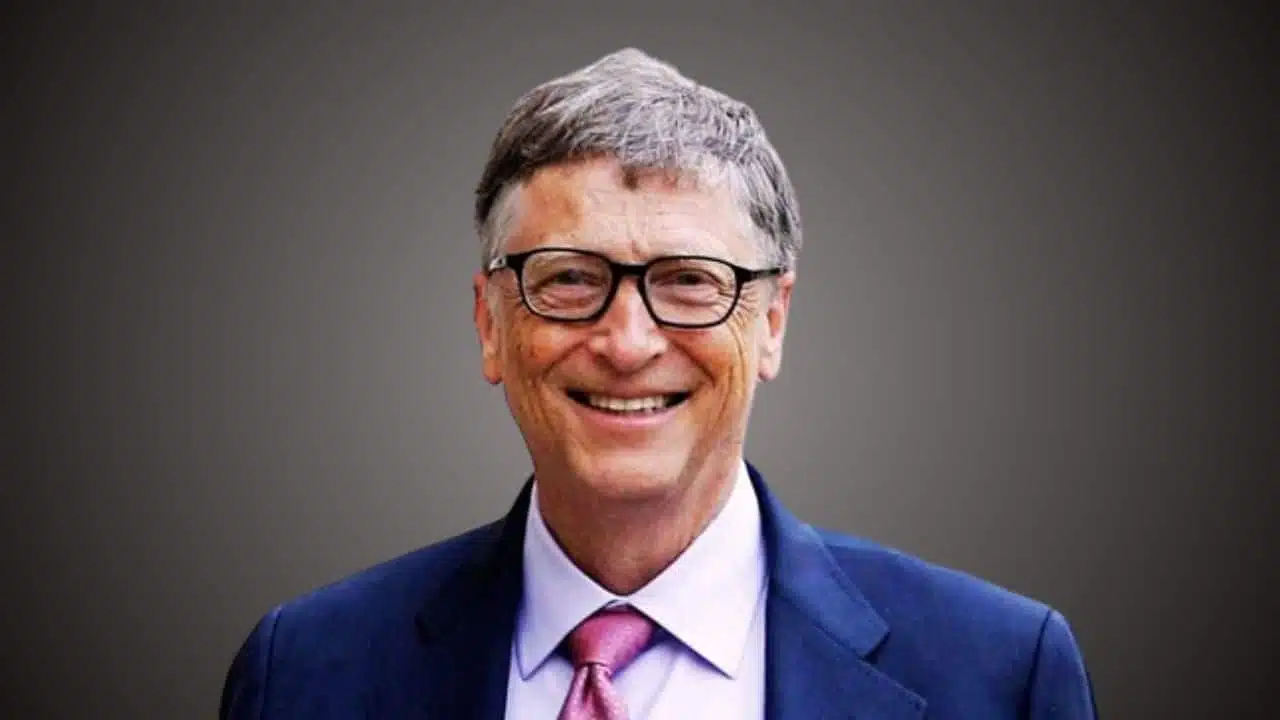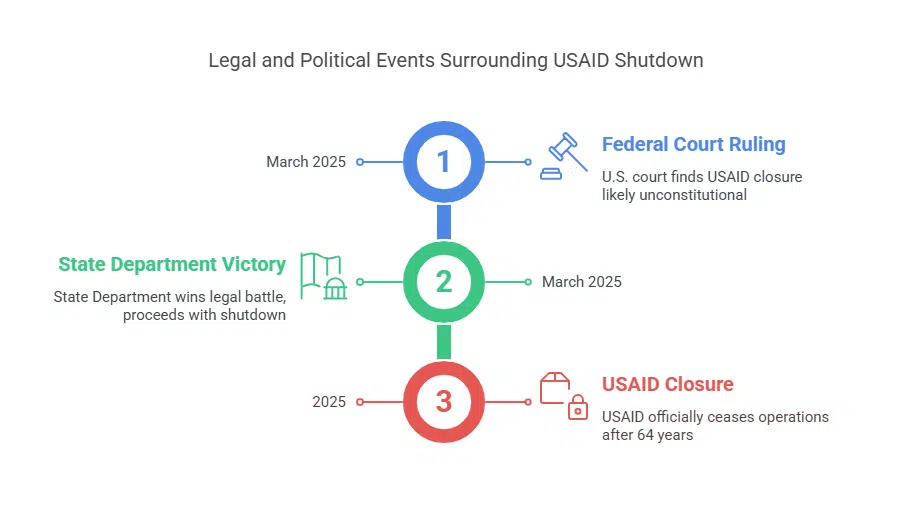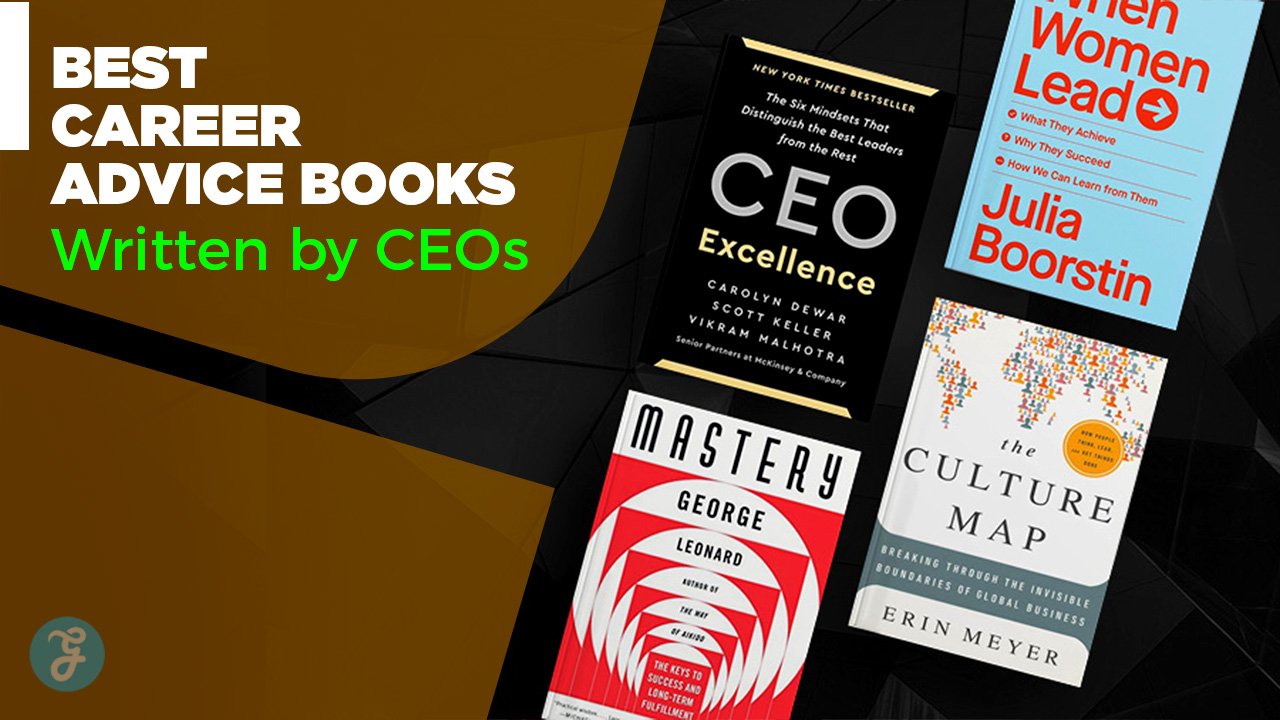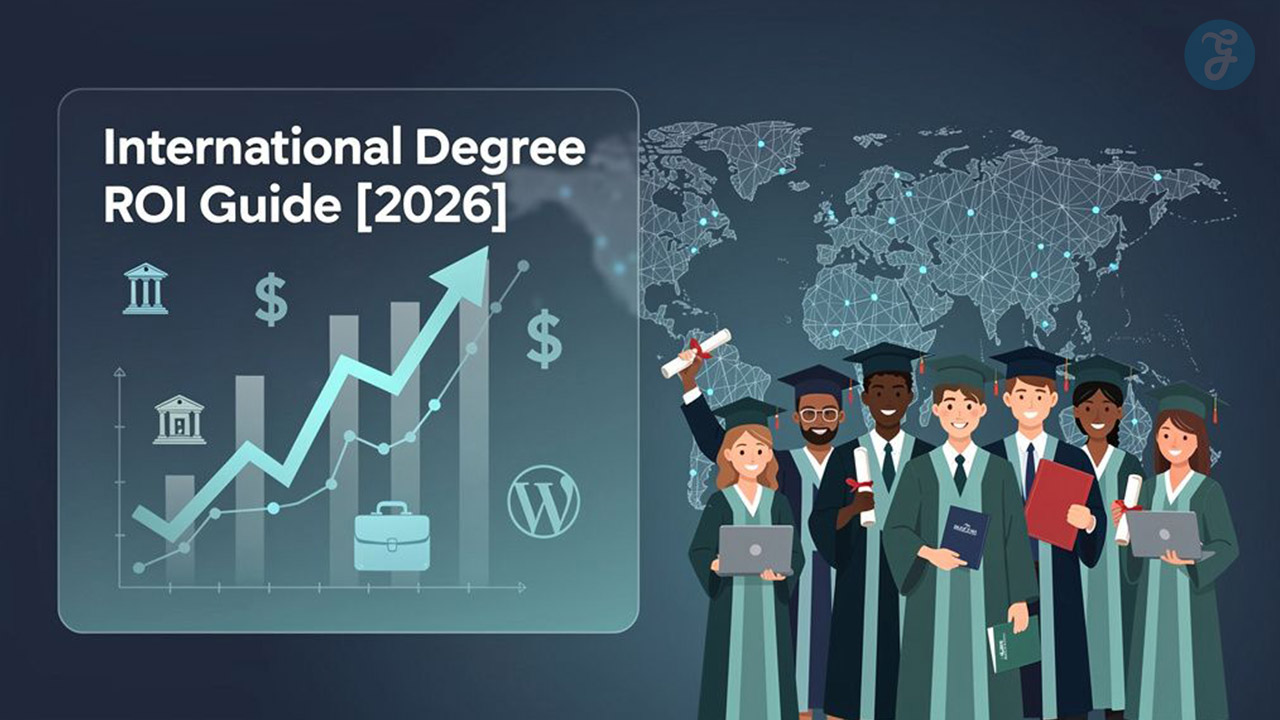Billionaire philanthropist Bill Gates has publicly escalated his feud with Elon Musk, accusing the Tesla and SpaceX CEO of “killing the world’s poorest children” by recklessly cutting U.S. foreign aid programs. Gates, the former CEO of Microsoft and one of the most influential figures in global health, made the explosive claim during an in-depth interview with the Financial Times, calling Musk’s actions both ignorant and dangerous.
The comments come amid dramatic shifts in U.S. development assistance policy. Earlier this year, Musk’s controversial “Department of Government Efficiency” (known as DOGE), which he helped form under Donald Trump’s administration, oversaw the effective shutdown of the U.S. Agency for International Development (USAID)—the main channel through which the United States provides humanitarian and development aid globally.
The Fallout of Cutting USAID: “Lives Are Being Lost”
Gates explained that the abrupt dismantling of USAID operations has had devastating effects across the world. Lifesaving medical supplies—including vaccines, antiretroviral drugs, and essential nutritional aid—have been left unused, spoiling in warehouses as distribution lines were severed. He warned that diseases such as measles, HIV, polio, and malaria could see a deadly resurgence due to interrupted programs.
A particularly troubling example involved a grant that was canceled for a hospital in Mozambique’s Gaza Province. The hospital had been part of a maternal health initiative aimed at preventing HIV transmission from mothers to their newborns—a program previously funded through USAID and supported by the Gates Foundation. Gates accused Musk of canceling the grant due to a fundamental misunderstanding, mistaking the Mozambican province for the Palestinian territory of Gaza and incorrectly assuming that the hospital was linked to Hamas.
According to Gates, such actions reflect not only negligence but a dangerous level of misinformation influencing high-level decision-making.
Legal and Political Repercussions of the Shutdown
The closure of USAID, once a $44 billion-per-year agency, didn’t go unnoticed in the legal system. In March 2025, a U.S. federal court ruled that DOGE’s decision to terminate USAID’s operations was likely unconstitutional, citing violations of employment protections and overreach of executive authority. The judgment, however, did not stop the process entirely. The U.S. State Department, following a legal victory, pushed forward with shutting down USAID, despite bipartisan concern about its global repercussions.
USAID’s elimination marked one of the most significant reversals in American foreign policy since the agency’s founding in 1961 under President John F. Kennedy. The agency had played a critical role in combating poverty, supporting democratic development, and strengthening health systems in over 100 countries.
Gates to Accelerate His Giving: $200 Billion Over 20 Years
In response to these global setbacks, Gates has unveiled a bold plan to significantly ramp up his philanthropic giving. He announced that he would donate virtually his entire fortune—currently valued at over $107 billion—through the Bill & Melinda Gates Foundation over the next two decades.
The foundation, which has already spent over $100 billion on global health and development since its inception in 2000, now plans to double that number. By 2045, the Gates Foundation will shut down entirely, earlier than originally envisioned. Gates emphasized that the decision to spend down the endowment reflects a desire to create measurable, lasting impact while he is still alive.
Annual spending by the foundation will increase to $10 billion, with a continued focus on vaccines, maternal and child health, infectious disease eradication, and education in low-income countries.
Gates has also reiterated that he plans to pass less than 1% of his fortune to his children and continues to advocate for higher estate taxes and stronger progressive taxation to prevent dynastic wealth accumulation.
A History of Tension Between Two Billionaires
The feud between Gates and Musk is not new. Their philosophical differences on how to address global challenges have created frequent friction. In 2012, Musk signed the Giving Pledge—a public promise initiated by Gates and Warren Buffett to donate at least half of one’s wealth—but later dismissed the pledge’s effectiveness, saying traditional philanthropy was “bullshit.” Musk argued that his commercial ventures, like Tesla’s electric vehicles and SpaceX’s advancements, did more to solve real-world problems such as climate change.
The relationship further deteriorated in 2022 when Musk found out that Gates had shorted Tesla stock—a move Musk perceived as hypocritical. He responded by posting a mocking tweet that included an unflattering photo of Gates with the caption, “In case u need to lose a boner fast.”
Gates, for his part, has taken a more reserved approach in public. But in his interview with the Financial Times, he did not hold back, stating that Musk “has no understanding” of what USAID did or how it worked. He noted that Musk referred to USAID as a “criminal organization” and acted based on misinformation, including the confusion between the two Gazas.
Musk himself admitted earlier this year that some of his assumptions were wrong. In a rare moment of acknowledgment, Musk said, “Some of the things that I say will be incorrect,” referring to his mistaken belief about the Mozambican province.
Trump, Vaccines, and More Controversy
Interestingly, Gates has been less harsh in his criticism of Donald Trump, whose administration enabled DOGE’s creation. Gates suggested that Trump may not have fully grasped the implications of the aid cuts and left room for possible policy reversals. However, he did raise alarms over Trump’s appointment of Robert F. Kennedy Jr. as U.S. Secretary of Health, calling Kennedy’s anti-vaccine stance dangerous and misleading.
Kennedy, known for promoting conspiracy theories about vaccines and targeting Gates directly in his rhetoric, has been a vocal opponent of global immunization efforts. Gates warned that such figures in key public health roles could further derail decades of progress in eradicating infectious diseases.
A Call for Urgency: Focus on Earth, Not Mars
Gates ended the interview with a powerful reflection on priorities. He urged billionaires and policymakers alike to focus on urgent challenges here on Earth—poverty, disease, climate change—instead of investing vast sums into speculative missions to Mars.
In his farewell message outlining the future of the Gates Foundation, Gates was clear: “People will say a lot of things about me when I die, but I am determined that ‘he died rich’ will not be one of them. There are too many urgent problems to solve.”





































